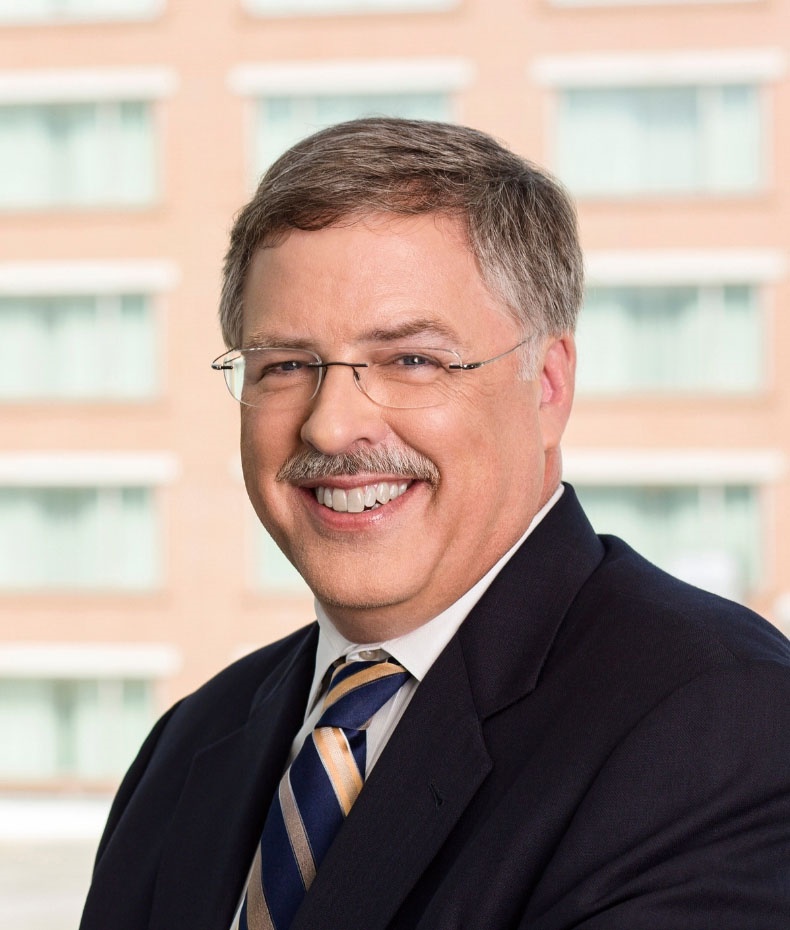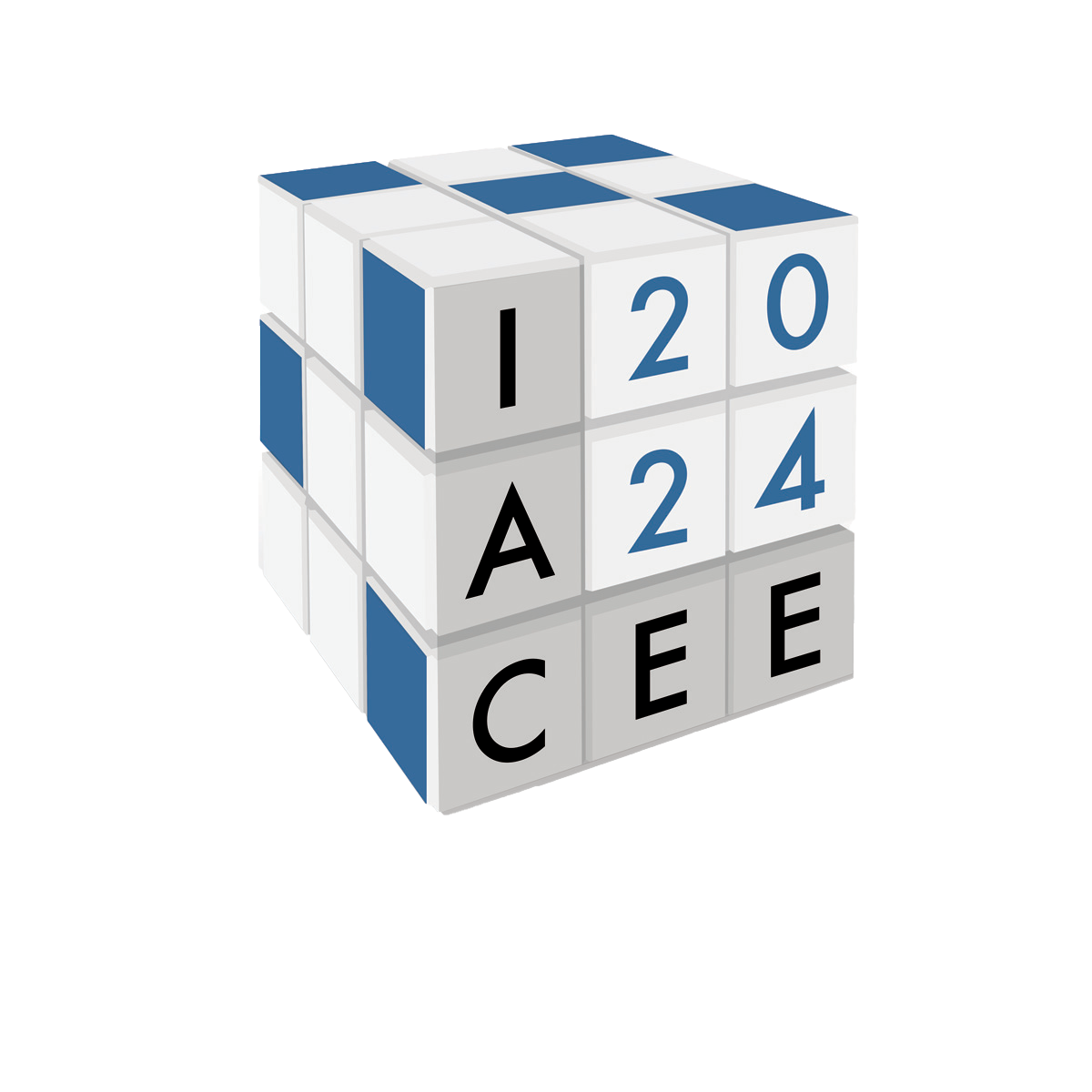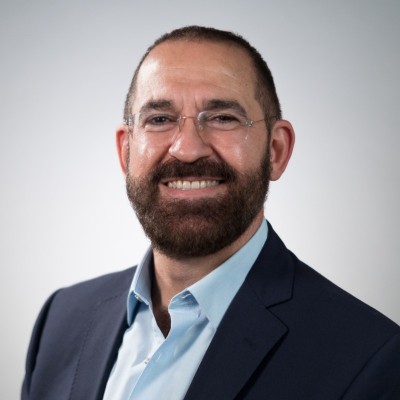Keynotes
IACEE is proud to present our influential keynote speakers, Dr. Nelson Baker, Rovani Sigamoney, and Pepe Escamilla.
Keynote 1:
 Creating the Lifetime College: Georgia Tech's Journey in Progress & Service
Creating the Lifetime College: Georgia Tech's Journey in Progress & Service
Date: 22 May 2024
Time: 10:00 CEST
Presenter

Abstract
As of 2023, more than 250,000 individual learners, ranging from early in life to late career stages, have turned to Georgia Tech to take advantage of its online and professional education programs. These programs help individuals sharpen their skills, acquire new knowledge, and earn credentials to advance or prepare for their careers. Georgia Tech, a top-10 public research university located in Midtown Atlanta, Georgia, has become a national leader in offering extremely affordable online master's programs, with less than $10,000 (US) tuition for the entire program. This proves that affordability and access are possible without sacrificing quality. Now, Georgia Tech is once again becoming a leader, this time in launching a college of lifetime learning. The keynote presentation will discuss the evolution of lifetime learning, Tech's journey in leadership in learning innovation, and what the future may hold.
Keynote 2:
 Engineering a Diverse and Sustainable Future: Progress and Challenges Towards the UN 2030 Agenda
Engineering a Diverse and Sustainable Future: Progress and Challenges Towards the UN 2030 Agenda
Date: 23 May 2024
Time: 10:00 CEST
Presenter
Rovani Sigamoney joined UNESCO HQ in Paris, France, in 2007; later, she took over the UNESCO Engineering program in Harare, Zimbabwe, working on UNESCO’s global priorities on Africa and Gender Equality, encouraging more youth to pursue careers in engineering and STEM.
Abstract
The UN 2030 Agenda with the 17 Sustainable Development Goals (SDGs) stresses the importance of science, technology, engineering, and innovation for a Sustainable Future. Now, almost halfway through 2030, how has the world progressed towards achieving these SDGs? What can engineering education do to prepare our youth for a sustainable future?
The shortage of engineers is a major concern in Africa and worldwide, where there has been declining interest in and enrolment in young people, especially women. Engineering is vital in addressing basic human needs, improving the quality of life, and creating opportunities for sustainable prosperity locally, nationally, and globally. More young people need to take up engineering careers, and making that choice depends on access to the necessary science, technology, engineering, and mathematics (STEM) curriculum as well as having access to practical guidance, communications, and role models. UNESCO works with stakeholders in the engineering space to ensure that our engineers design a sustainable future for the world.
Keynote 3:
 Rethinking Higher Education: Universities as Lifelong Learning Engines
Rethinking Higher Education: Universities as Lifelong Learning Engines
Date: 23 May 2024
Time: 17:00 CEST
Presenter
Jose Escamilla is the associate director of the Institute for the Future of Education (https://tec.mx/es/ife) at Tecnologico de Monterrey, Mexico, which aims to improve the lives of millions of people through transforming higher education and lifelong learning around the world.
Abstract
Traditional education operates on a front-loading model, assuming that all our learning occurs within the initial two decades of life. We must migrate our educational systems to a lifelong learning model, where education extends from birth to gray, fostering continuous learning opportunities. At the Institute for the Future of Education, Tecnologico de Monterrey, we advocate for universities to embrace lifelong learning by adopting a 60-year curriculum and continual learning. By redefining universities as lifelong learning engines, individuals can adapt, innovate, and succeed throughout their lives with the skills needed to thrive in the 21st century.


